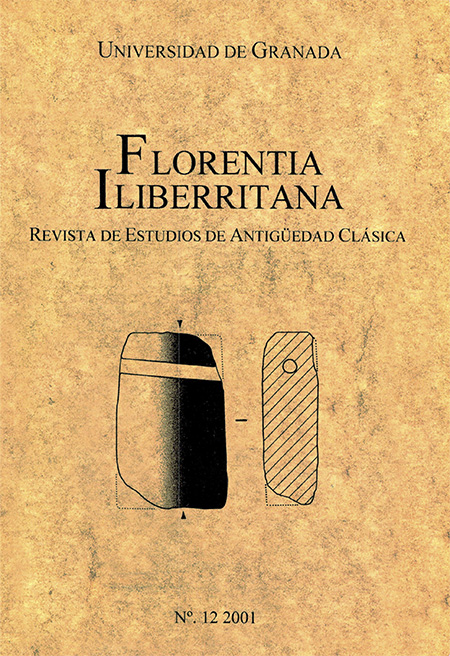Medea y la tragedia del lenguaje en El arpa y la sombra (1979) de Alejo Carpentier
Keywords:
tradición clásica, intertextualidad, literatura hispanoamericanaAbstract
In this article we offer a view of Alejo Carpentier's El arpa y la sombra from the classical elements which are present at the action and which are fundamental to its development. From this perspective, the Latín language (together with Christopher Columbus and all the elements which were inherent to the experíence of the Discovery) is the instrument which the author uses to describe a series of characters who will be condernned to rnisunderstand thernselves because of their differences in the language or periods of time. Seneca 's Medea will not only be the intertextual reason for the use of somepoetic lines presented by Hernando Colón as a prophecy of a New World, but the expression of the tragedy of the language. Medea is condernned to the rnisunderstanding of being a stranger.
Downloads
Downloads
How to Cite
López Calahorro, I. (2016). Medea y la tragedia del lenguaje en El arpa y la sombra (1979) de Alejo Carpentier. Florentia Iliberritana, (12), 239–266. Retrieved from https://revistaseug.ugr.es/index.php/florentia/article/view/4312
Issue
Section
Artículos












